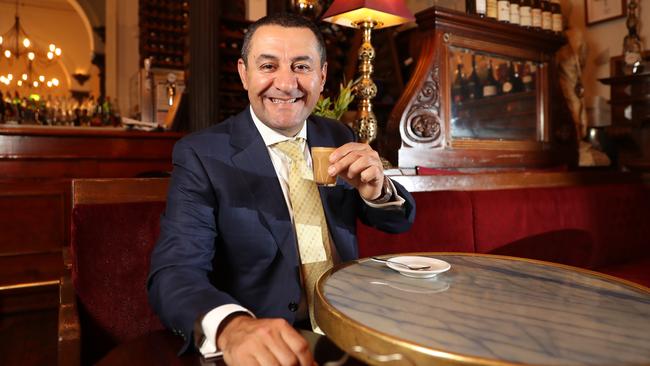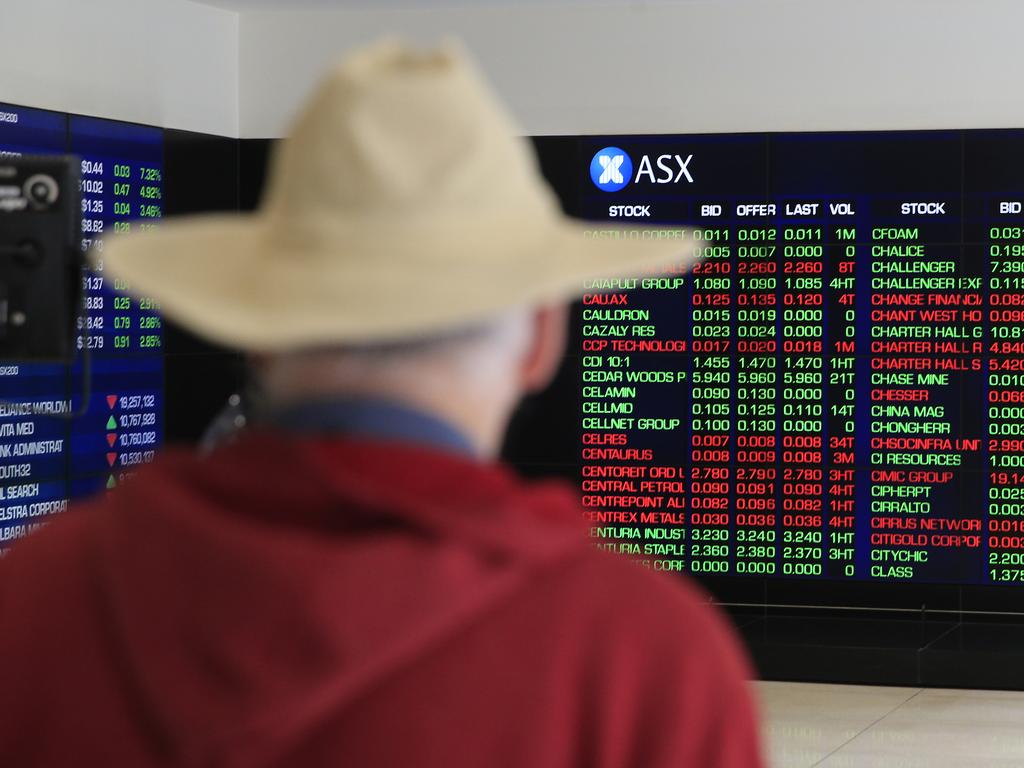
Actually, it looks like that scenario is unfolding already. Just now we have four big banks that completely dominate – in the future we may have perhaps six super funds that operate in a mega-league with the rest sharing crumbs from the table.
Among the six will be: AustralianSuper, Cbus, Hostplus, REST and Sunsuper, which are the funds that already get three in five younger workers, while US mutual fund giant Vanguard will most likely take a spot with what promises to be the most ambitious low-cost super product this market has yet seen.
Why would the industry shrink so dramatically? Because we have just seen legislation go through parliament that looks set to accidentally enshrine a new cartel.
Not unlike the banking sector, the seeds for the new order have been based on good intentions. In order to free up the super system, the government has ensured the era of multiple accounts is over. That’s progress: there were an estimated 6 million multiple accounts where workers were losing the benefit of having all their savings with one fund.
But here’s the thing: under the new “stapling” system the fund which a worker starts with is very likely to be the same fund they stay with forever. That is, unless they change super funds. Until now, the vast majority of workers – around 98 per cent – do not switch funds.
In other words the funds that are biggest now will find it even easier to remain the biggest in the future. What’s more, they can regularly bolt on smaller funds through merger activity fully supported by the government which is seeking to consolidate the sector.
This is exactly what is going on at the 1.1 million-strong hospitality fund Hostplus, where news broke this week that the fund is in merger talks with Statewide Super and its 142,000 members.
Hostplus has only just digested the Intrust industry fund where at the stroke of a pen last week it picked up 90,000 extra members.
The timing of this merger mania is instantly explained by the new “your future, your super” package and its associated stapling legislation. With both Intrust or Statewide, Hostplus CEO David Elia can reasonably expect to hold on to the vast majority of new-found members forever.
With improved transparency and the government’s promised online comparison tool for comparing super funds, the tiny amount of workers preparing to switch funds will improve but any progress will be piecemeal.
Already this year the largest of all, AustralianSuper, took over Club Plus in May. The Queensland-based Sunsuper merged with QSuper in March. In the months ahead we are bound to see action from other contenders in the space with very big membership bases such as Hesta, MLC Super or Aware Super.
“I do expect there will be a lot of consolidation across the industry from here … and the question will very quickly be whether these funds are any better just because they have become much bigger,” says Kirby Rappell, executive director of research group SuperRatings.
Few retail funds are expected to be able to mount a challenge to the incumbents due to the higher overheads, poor long-term track records and brand damage retail funds endured following the Hayne royal commission.
Since the Hayne report, industry super funds have soared in funds under management to overshadow all rivals. Industry funds now have total assets of $858bn in the March quarter along with 11.2 million members, leaving self-managed super funds, public sector funds and retail funds trailing well behind.
Consider this: about two decades ago there were 11 locally listed Australian banks. In order to protect consumers the government introduced the four pillars policy. The policy was meant to ensure none of the big four banks – ANZ, CBA, NAB and Westpac – merged with each other.
As it turned out, no major bank took over the other, but the ultimate outcome was that the big four became the bigger four and almost every one of the smaller banks – Advance Bank, Bankwest, Bank of Melbourne, Metway, St George – were swallowed up in a merger blitz.
Super is heading the same way.








Is the super industry about to go the way of the banks? Will we have a handful of gigantic funds protected by the government that are too big to fail?